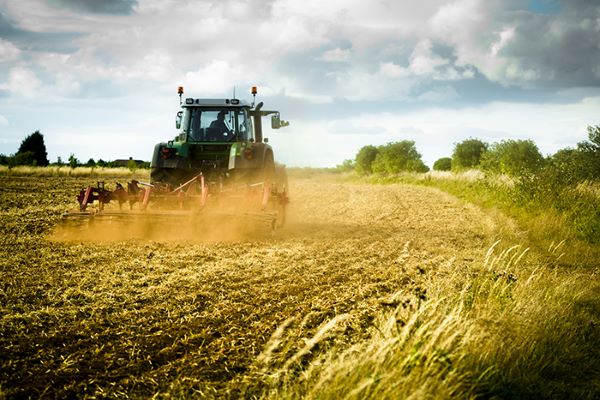The impact of coronavirus on Britain’s crucial food supply chains will be tracked as part of a new study which will show how the current crisis has affected the journey from farm to plate.
Experts will investigate the disruption caused by the pandemic for producers, manufacturers, distributers and retailers. Their work will help those in the food supply chain as they restructure rapidly, as well as inform government policymaking.
Representatives from industry bodies will share their experiences as part of the study, with findings disseminated as quickly as possible. The research will show the impact of cafes and restaurants – which account for around a third of food supply in the UK – being shut and how suppliers have adapted.
Through surveys and interviews researchers will seek to find out how food supply chains have changed and what is preventing necessary changes. This could be staffing, transport, skills, capacity or market intelligence.
It is hoped the University of Exeter study will show the changes needed to make Britain’s food supply chain more efficient, and also fair for different types of producers. This could include regulation, investment and incentives.
Growing food sales in shops haven’t helped manufacturers who are part of specialist and fixed supply chains – for example producing milk for coffee shops. Even when lockdown ends the current crisis could have long-term implications.
The research team will produce monthly bulletins showing their findings, and people can provide evidence for their work via the project’s website.
The research team – Professor Michael Winter, Professor Matt Lobley, Dr Tim Wilkinson and Dr Steven Guilbert – from the Centre for Rural Policy Research (CRPR) – have been awarded £180,000 by the Economic and Social Research Council to carry out the study. They will work with a panel of experts for England drawn from the five main food sectors – dairy, fish, flour, fruit and vegetables, and meat, as well as farming industry and policy experts.
Professor Winter said: “Efficient and well-functioning supply chains are often hidden to consumers, but they are essential to making sure we can purchase the food we need. It is vital in the coming months that the nation’s food supplies are secure and resilient.
“To achieve resilience we need to know how the supply chain is adapting, and critically, what steps might be required to ensure food continues to reach shops and that there is fairness for food workers and consumers. We will hear from those in the middle of making these crucial decisions, not just retailers .
Professor Lobley said: “We need to know very rapidly how the supply chain for dairy, fish, flour, fruit and vegetables, and meat is adapting. Critically, what steps might be required to ensure food continues to reach shops and that there is fairness for food workers and for consumers? We will work with a panel of experts to gain and share information about food supplies, and we will interview those working in the industry. Our monthly bulletins will highlight both good practice and areas of concern as we work towards a resilient and fair food system in the crisis.”









